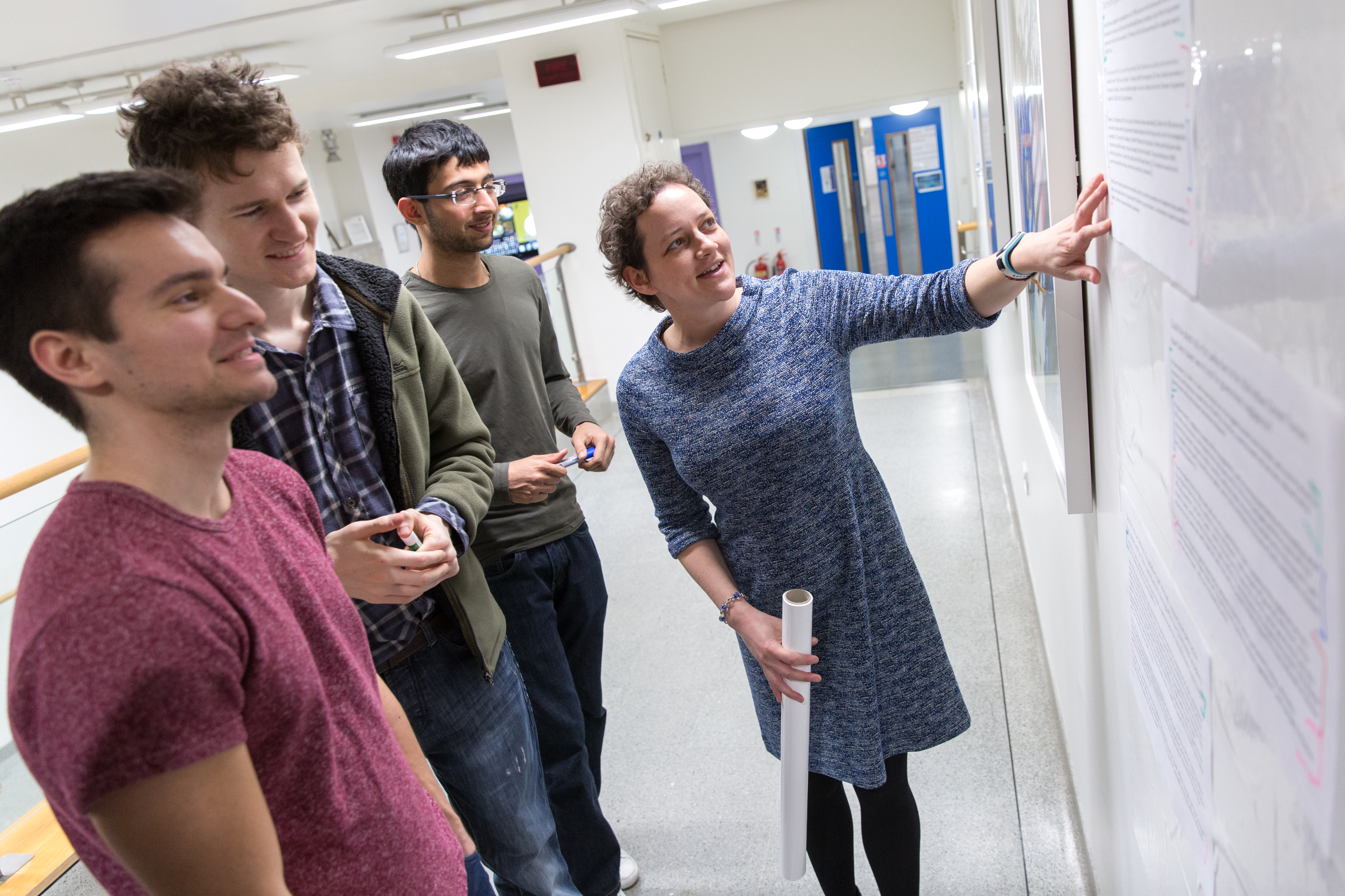Our Live, Love, Learn approach, which is used in all Change Maker (formerly called Global Challenges) modules, has won international prizes and recognition. The approach involves responsive, partnership curricula that involve students as masters of their own learning. The courses develop higher order working and thinking skills that have been recognized as valuable in their home departments and the industry setting.
At its heart, the ‘Live, Love, Learn’ approach encourages students to see themselves individually and collectively as capable and skilled individuals with a wealth of relevant and interesting personal knowledge and experience that they can bring to bear on any project. We provide scaffolded learning experiences and working processes to allow students to pursue their own curiosities about the world, conducting background and empirical research to answer their own questions and to build their own awareness and knowledge of the world. We encourage students to engage their whole being in their work and to think beyond their identities as junior disciplinarians. We ask them to consider individuals, communities and nations with empathy and respect and to try to see the world from the perspectives of others – whether they be marginalized individuals, leaders, campaigners or world leaders. Finally we want our students to have the confidence, self awareness and reflexivity to work independently, to network and communicate with others and to pursue their passions in the world.
Specifically, as a student-centred programme our curricula are designed to allow students to:
- foster an appreciation of the value of interdisciplinary learning. Students will be challenged to apply learning from their core degree subjects to complex real-world situations. Working in mixed discipline groups allow them to share perspectives and expertise, developing a collaborative approach to learning and working. As well as sharing methodology and knowledge from their subject areas, students will be expected to incorporate new methodologies and approaches from diverse fields such as history, economics, politics, international relations, geography and the wider social sciences. Applying social science methodology to scientific and technical problems helps the students to develop a deeper understanding of the contextual aspects of these issues and to develop more creative and effective responses.
- develop confidence in their ability to learn independently. Students will be expected to develop the habits of mind associated with independent learning, including: evaluating their current knowledge; identifying areas for investigation, research or problem solving; setting specific research or design questions; locating, retrieving and analysing appropriate data and information from a range of primary and secondary sources; formulating their own understanding of complex, multidimensional problems in both familiar and unfamiliar contexts; developing and communicating newly synthesised bodies of knowledge, or solutions to problems in a variety of context specific media. Additionally, students will be challenged to take responsibility for their own progress during the courses, and to manage their time and workload effectively.
- develop an authentic, realistic and evidence-based approach to ‘global challenges’. Students will have the opportunity to evaluate current real-world strategies and solutions to global challenges, as well as to develop their own ideas. In order to become effective global citizens, it is important that students develop a considered understanding of the successes and failures of existing or historic strategies, and appreciate the complexity of the limitations of our knowledge, expertise and ability to create global impact. Students will also be challenged to become systematic in their approach to accuracy, precision and uncertainty, as these are key elements to developing a realistic understanding of our attempts to manage global phenomena.
- establish effective team working and collaborative practice. Students are expected to practice taking various roles within the group, including leadership roles. They are also required to show respect and appreciation for the variety of views, opinions and perspectives that arise from group working, and to use this variety of inputs to develop and enhance their work. Interpersonal and social skill development will be supported in all aspects of their learning and working. Students will additionally be required to reflect on their own performance as individuals and group members, and to comment on the successes or limitations of their team’s output.
- explore communication practices and develop core skills. Students will be expected to actively participate in large and small group discussions, on an informal and formal basis. Presentation skills are developed in a variety of settings, including oral presentations (with and without visual aids such as Powerpoint), debate and persuasive presentation, pitching, and public speaking. Additionally, developing and presenting reasoned argument is a key element of many of the participatory elements of the courses. ICT is used for the documentation of learning, development of online resources such as wikis or web pages, and for submission of assignments and receipt of feedback. Visual communication skills may be developed with the construction of posters, public communication materials and visual exhibits for display.
In order to inhabit these values, every Change Maker module is aligned to the following core learning outcomes, which are tackled in an overarching spiral curriculum that sequentially spans all three years of study:
On completion of a module, students will have:
- Engaged with key tenets of multiple scholarly subject areas, demonstrating knowledge and understanding at appropriate levels according to the National Qualification Framework for those areas
- Developed a practiced and effective approach to problem solving, including use and critique of several evaluation methodologies from differing disciplines
- Reflected on the social, economic, political and ethical dimensions of different global challenges and contextualised this with respect to historical and current strategies and practice
- Independently accessed a range of source material to gather data, primary and secondary evidence and a diverse range of related conceptual ideas to synthesise a solid understanding of complex phenomena
- Developed good communication skills and academic conventions in written work, oral communication and team work
- Developed creative skills and a willingness to take risks in order to develop skills relating to innovation, problem solving and true interdisciplinary learning.
- Accessed information technology to enhance the learning experience.
